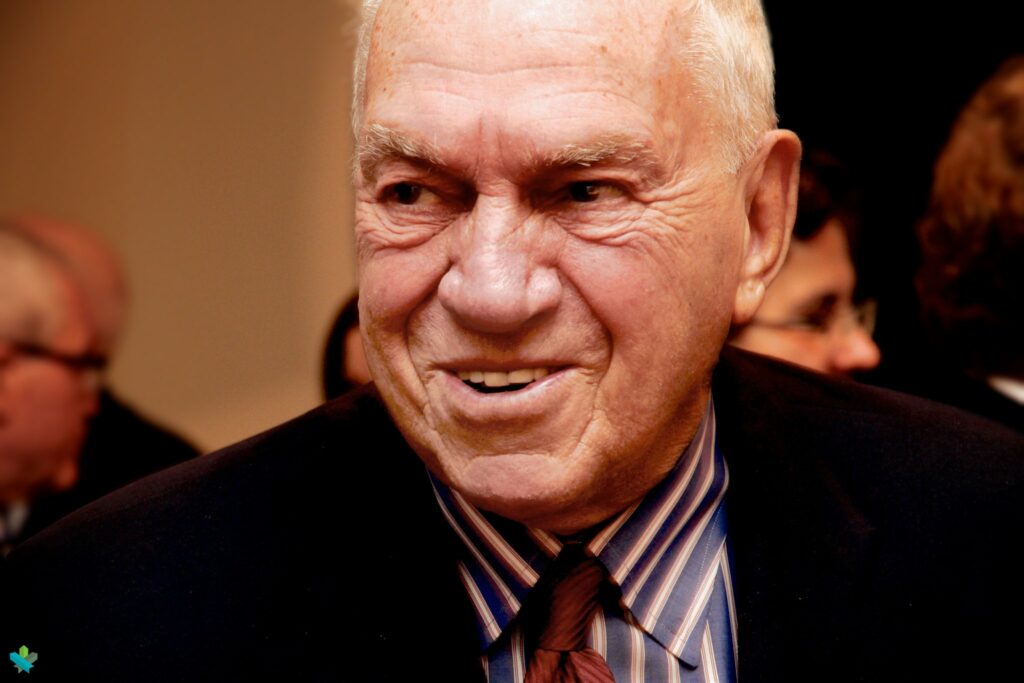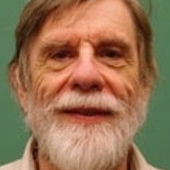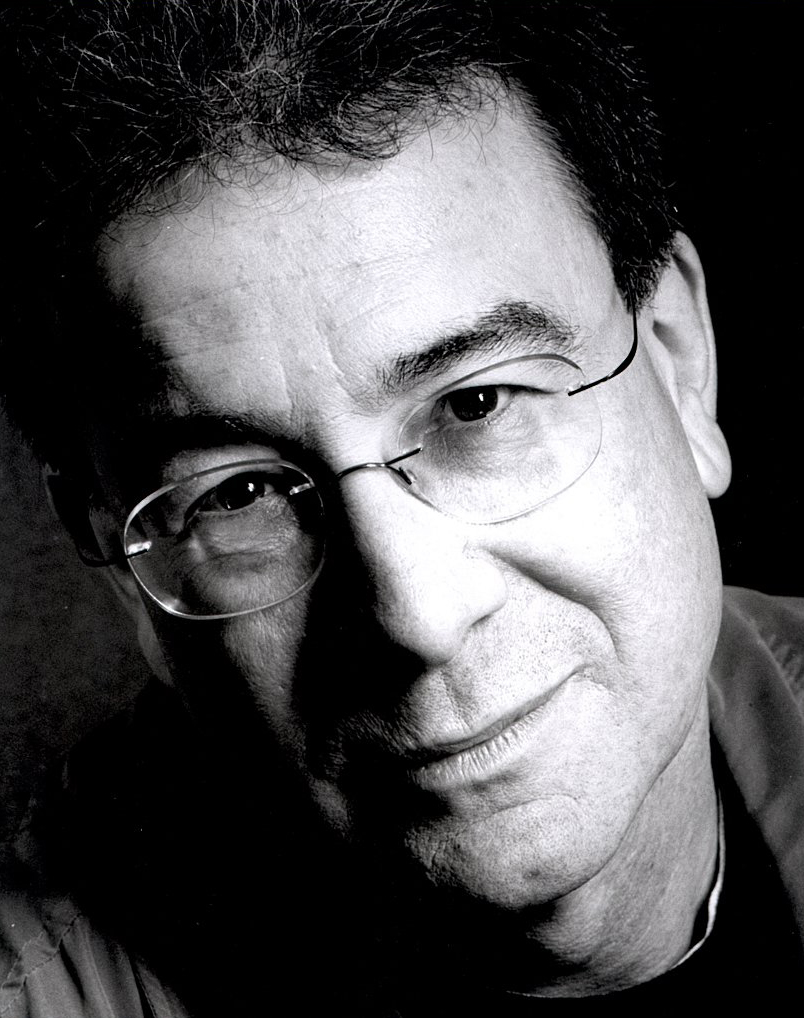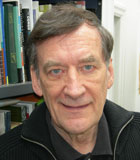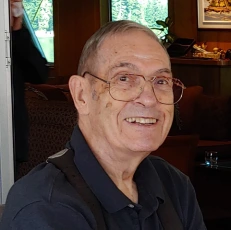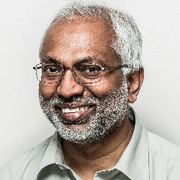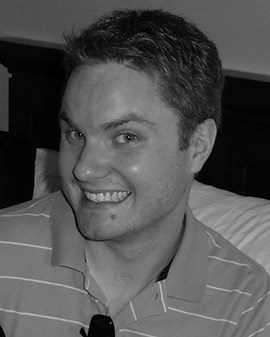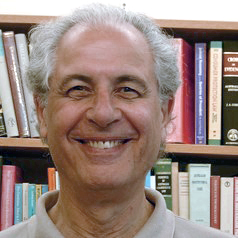William (Bill) A. Jordan, one of the first faculty members to be hired when York University’s Schulich School of Business opened its doors in 1966 as the Faculty of Administrative Studies (FAS), passed away at the age of 95.
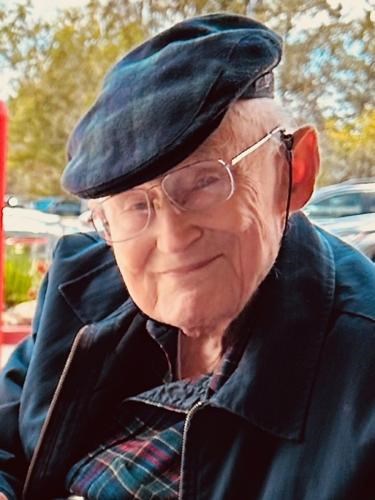
Jordan spent much of his life interested in two things: economics and the skies. The first he came by inherently. “He was a conservative economist with a strong belief in free markets who found government intervention very harmful to the growth of productivity,” says Bernie Wolf, professor emeritus of economics and international business. The second came about through serving in the United States Marine Corps and Air Force, climbing the ranks until he retired as a colonel.
He emerged from duty with a passionate research interest in airline economics, one he brought with him when he was among the first hired by FAS’s founding dean, James Gillies, in the late 1960s. He stayed at York until he retired in 1990.
Michael Bielecki, a former student who would become a close family friend, describes Jordan as a teacher and person who was a “constant source of motivation” and distinguished by an “intellectual exuberance” that he was always willing to share with others. Bielecki recalls Jordan, too, as a man with a tremendous and measured sense of humour.
Jordan didn’t just leave an impression his students but the airline industry. Throughout his career he worked as an aviation sector consultant, and his expertise on airline regulatory issues played a key role in the deregulation of the commercial airline industry in the United States. Wolf recalls that Jordan “took great satisfaction when his views were incorporated into the U.S. Airline Deregulation Act of 1978,” which was a law that removed federal control over fares, routes and market entry for airlines.
Even though he spent his retirement years in San Diego, Calif., Jordan didn’t lose his connection to York – whether through friendships with former students like Bielecki or the occasional return. Notably, he made a visit to the school’s 50th anniversary celebration in 2016. Don Thompson, professor emeritus of marketing, recalls Jordan telling him that while he missed teaching and his colleagues at Schulich, he did not miss the Toronto winters.
An internment ceremony will be held at Fort Rosecrans National Cemetery in San Diego on Thursday, Jan. 25. To send condolences or plant a tree in Jordan’s memory, visit here.



